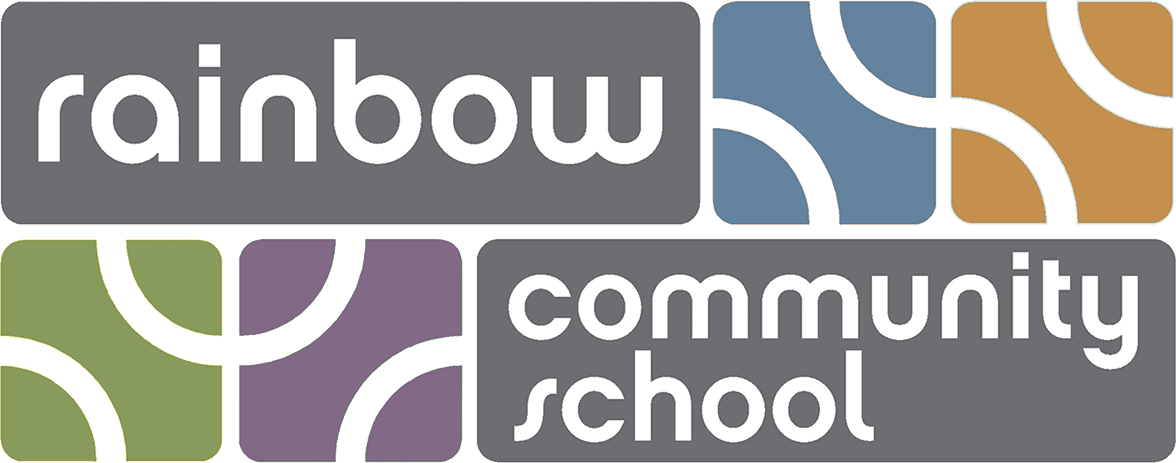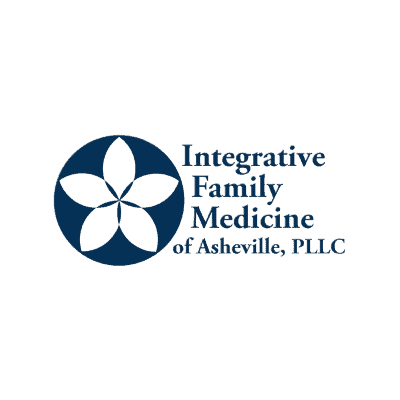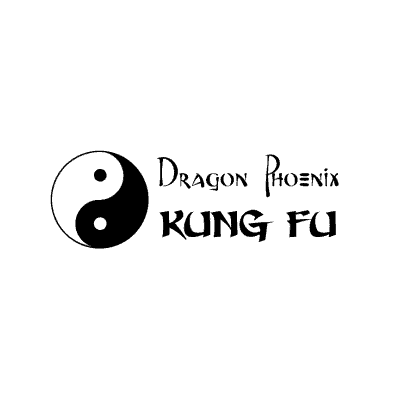
by Renee Owen | Feb 25, 2011 | News
Introduction to the Transition Town Movement.
Today almost every aspect of our civilization has become dependent on the use of cheap, abundant oil. As global supply of cheap oil declines, our local economy becomes increasingly vulnerable. The Transition Town Movement was started in the U.K. as a grassroots movement to re-localize communities. Come to find out how Transition Asheville is initiating the process of building the resilience needed in our community to face today’s greatest challenges-Peak Oil and Climate Change. (a 30 minutes video followed by discussion)
Wednesday, March 2, 2011
7:00 pm
Rainbow Mountain Children’s School
574 Haywood Road, Asheville 28806

by Renee Owen | Feb 17, 2011 | Director's Blog
“Holistic” is becoming a buzzword, but we have used it to describe the education at Rainbow Mountain Children’s School since 1977.
From Wikipedia: The concept of holism refers to the idea that all the properties of a given system in any field of study cannot be determined or explained by the sum of its component parts. Instead, the system as a whole determines how its parts behave. A holistic way of thinking tries to encompass and integrate multiple layers of meaning and experience rather than defining human possibilities narrowly.
Holistic education is a philosophy of education based on the premise that each person finds identity, meaning, and purpose in life through connections to the community, to the natural world, and to humanitarian values such as compassion and peace. Holistic education aims to call forth from people an intrinsic reverence for life and a passionate love of learning….The term holistic education is often used to refer to the more democratic and humanistic types of alternative education. Robin Ann Martin (2003) describes this further by stating, at its most general level, what distinguishes holistic education from other forms of education are its goals, its attention to experiential learning, and the significance that it places on relationships and primary human values within the learning environment.
For more on the meaning of holistic education: http://en.wikipedia.org/wiki/Holistic_education
by Renee Owen | Feb 14, 2011 | News
 Last Tuesday, Rainbow Mountain held it’s annual, school wide Science Fair. First through Eight graders focused on the scientific method while they explored various topics such as; which species of rabbit is the fastest, rebound rating of different balls (basketball, tennis ball and a ping pong ball) at different temperatures, can humans walk a straight line while blindfolded, what if they heard a voice guiding them?, and what is the best way to learn and retain information.
Last Tuesday, Rainbow Mountain held it’s annual, school wide Science Fair. First through Eight graders focused on the scientific method while they explored various topics such as; which species of rabbit is the fastest, rebound rating of different balls (basketball, tennis ball and a ping pong ball) at different temperatures, can humans walk a straight line while blindfolded, what if they heard a voice guiding them?, and what is the best way to learn and retain information.
First grade worked in groups and constructed a small model of the three main African biomes. They then planted peanuts (a major African crop) in each of the binomes. The children made predictions about which biome would best support the growth of a peanut and made a hypothesis. They also planted a control group of peanuts in plastic cups and recorded their procedures. They really loved the feeling of being real scientists!
Second grade set up different science stations to encourage as much curiosity about science as they could. They experimented with magnets, flashlights, bi-focal glasses, and taking apart an old telephone, toaster and a TV! This is the type of curiosity that led Benjamin Franklin to his many wonderful inventions.
The upper grades worked independently or with a partner on their science fair projects. In the classrooms they discussed data tables, display possibilities, bibliographies and provided inspiration for those that needed it. When all was done, in true Rainbow fashion, the students completed self-assessment rubrics.
On the big day, the entire school, including preschool, rotated from class to class and shared their projects with each other. Parents were invited to join. It was a festive day of science.


by Renee Owen | Feb 4, 2011 | Director's Blog
As you may know, Rainbow’s educational philosophy is wonderful. But it takes much, much more than a great philosophy to have a great school. What is that makes the difference between a classroom where kids REALLY learn, and one where they just do okay? The answer is classroom management. If you walk into a Rainbow Mountain classroom on any day, at any time, you should see children engaged in learning, or if in a transition from one activity to another, they transition smoothly and efficiently, with minimal time loss. The atmosophere is one of cooperation and joy. That’s because the teachers are masterful classroom managers.Â
Unfortunately, it is common for alternative schools to “throw out the baby with the bathwater” when it comes to behavior management. Because they don’t want their students to be fettered by the rigid style control of the public schools, they forget that children still need — and, in fact, thrive — in an environment that is organized and has a clear underlying structure and rhythm to it. Experienced, well-trained teachers know how to strike a balance. Rainbow teachers are firm, yet kind. They are structured, but not rigid. They know how to manage in such a way that disruptions are minimal, so every child  can make the most out of every day.Â
Various research in classroom management has revealed that in public schools there are so many behavioral disruptions, institutional disruptions (announcements, etc), and transition times, that students are only on task about 30% of the day! By contrast, for anyone who has been involved at Rainbow Mountain for the past three years or has toured it recently, it’s clear that our students are making the most out of every minute! For more research on classroom management: http://books.google.com/books?hl=en&lr=&id=BVM2ml2Q-QgC&oi=fnd&pg=PA1&dq=classroom+management+marzano&ots=GbtNbUMaRP&sig=hHGH3kEpWRZpRKhPE0LK-6ffEEI#v=onepage&q&f=false



 Last Tuesday, Rainbow Mountain held it’s annual, school wide Science Fair. First through Eight graders focused on the scientific method while they explored various topics such as; which species of rabbit is the fastest, rebound rating of different balls (basketball, tennis ball and a ping pong ball) at different temperatures, can humans walk a straight line while blindfolded, what if they heard a voice guiding them?, and what is the best way to learn and retain information.
Last Tuesday, Rainbow Mountain held it’s annual, school wide Science Fair. First through Eight graders focused on the scientific method while they explored various topics such as; which species of rabbit is the fastest, rebound rating of different balls (basketball, tennis ball and a ping pong ball) at different temperatures, can humans walk a straight line while blindfolded, what if they heard a voice guiding them?, and what is the best way to learn and retain information.








